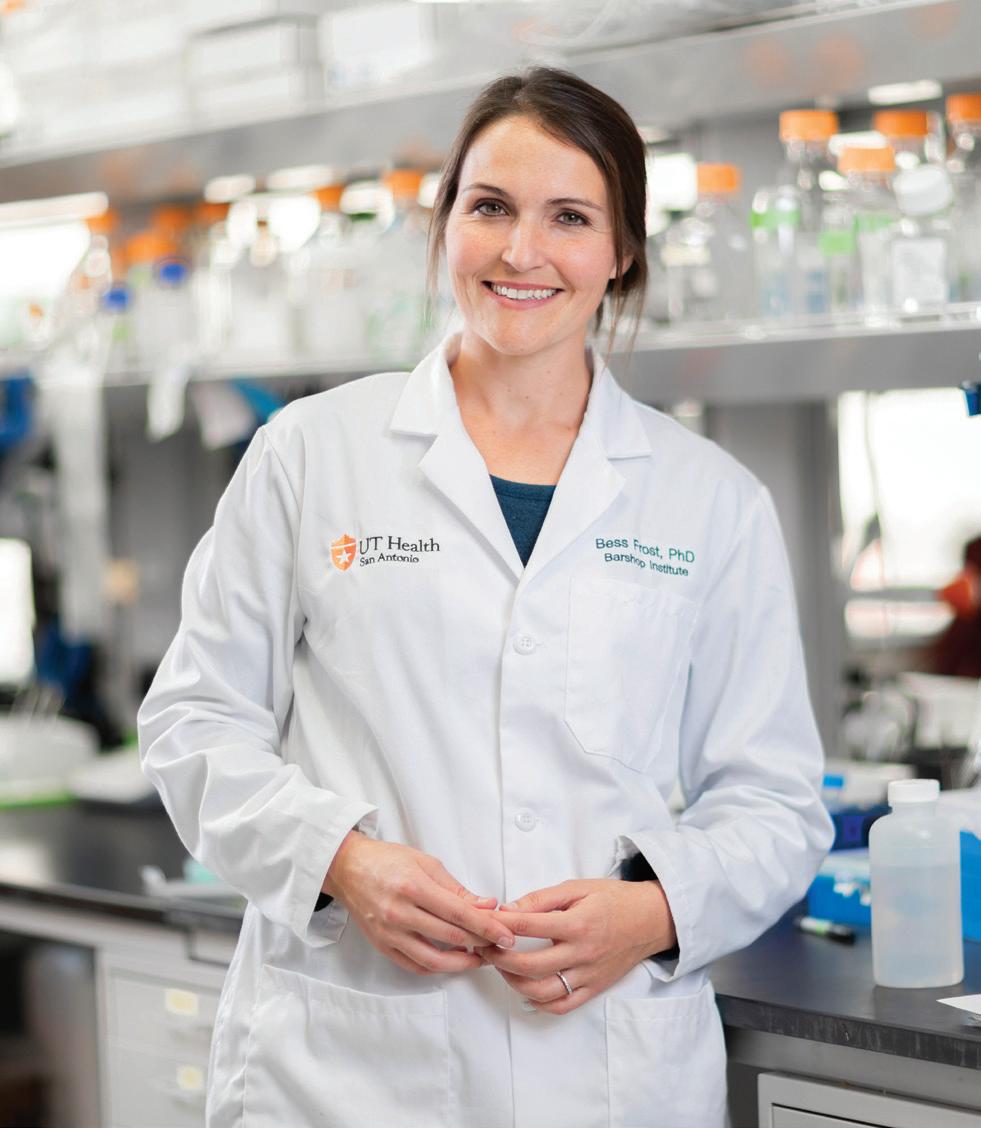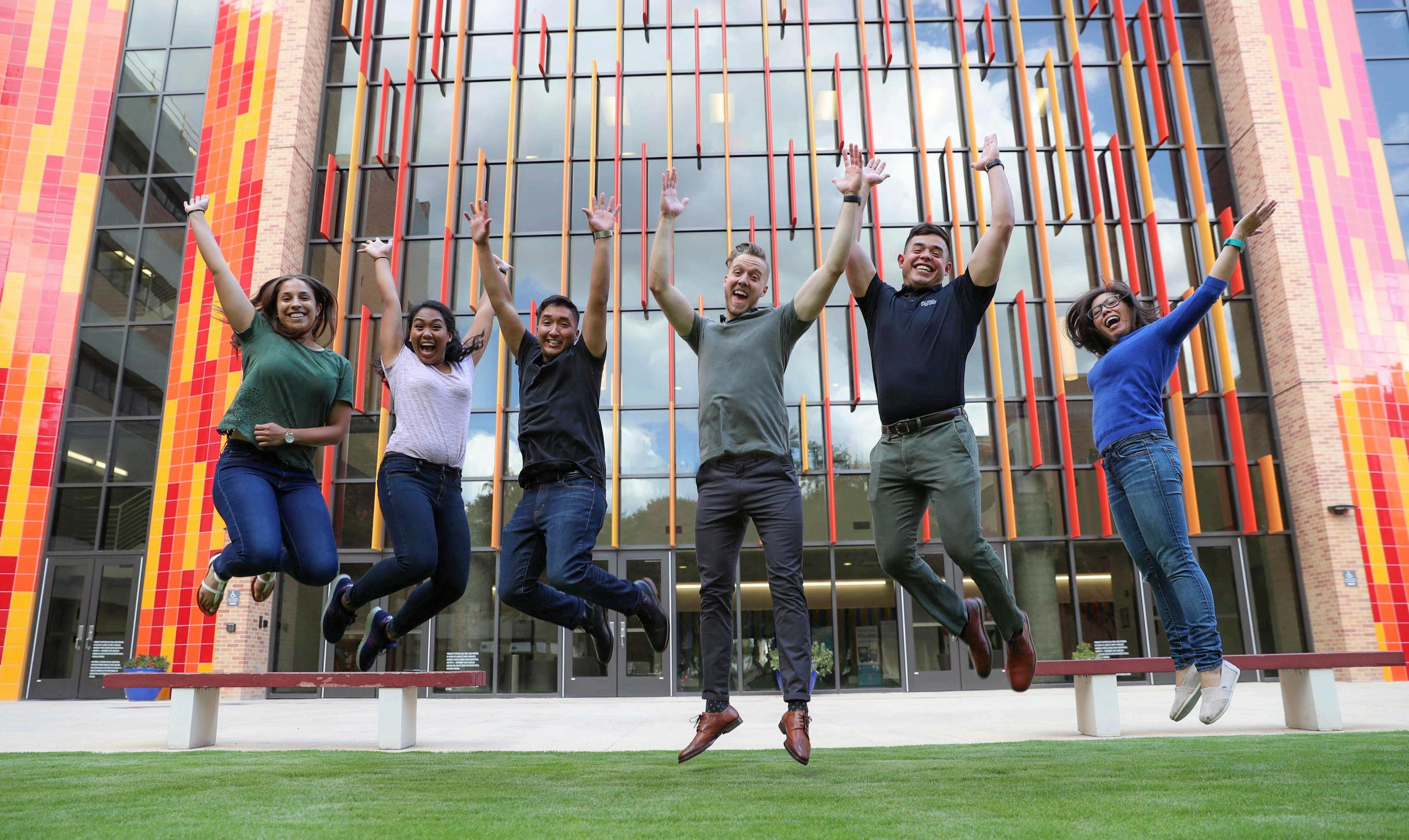
1 minute read
Faculty Member Encourages Diversity in Medicine Through Scholarship
For more than 20 years, Robert M. Esterl, Jr., MD, associate dean for Undergraduate Medical Education in the Joe R. and Teresa Lozano Long School of Medicine, has worked in both clinical and administrative roles at UT Health San Antonio. He has taught and mentored medical students since 1994, and his guidance and leadership have led more than 8,000 students through to residency.
Dr. Esterl, a professor of surgery, is a renowned transplant surgeon who performed the first kidney and pancreas transplant in San Antonio in 1995. He also was part of the team of doctors who performed the first split-liver transplant in South Texas, in which two patients benefited from a single liver donor.
Dr. Esterl decided to take his support of the medical school and its students to a higher level with the establishment of the Dr. Robert M. Esterl, Jr., Diversity in Medicine Scholarship Endowment for the Long School of Medicine. Funds distributed from the endowment will be used to support scholarships to students who meet all the following criteria: 3.0 GPA, demonstrated financial need, and submission of an essay on the topic of the importance of increased diversity in the field of medicine.
“I wanted to establish the Dr. Robert M. Esterl, Jr., Diversity in Medicine Scholarship to recognize any student’s commitment to increasing diversity in the field of medicine. Diversity in the medical school encourages UT Health San Antonio to ‘make lives better’ and fulfill institutional priorities in its core missions of education, research, health care, and community engagement.
“The ultimate goal for diversity in medicine would be that the representation of medical students, residents, and faculty at UT Health San Antonio reflects the diverse communities we care for throughout South Texas. Students in a diverse medical school class benefit from exposure to broader perspectives, are better equipped to care for increasingly diverse patient populations, and gain knowledge and skills to address health inequities/ disparities in our diverse communities,” he said.
Dr. Esterl hopes that this renewable scholarship might minimize the self-doubt or “imposter syndrome” that some underrepresented students might feel when they start their first courses in medical school. “Receiving this scholarship might help such students realize that they have earned and deserve a position in the class. Receiving this scholarship might also encourage students to stay for residency training and then join the faculty at UT Health San Antonio,” he added.








